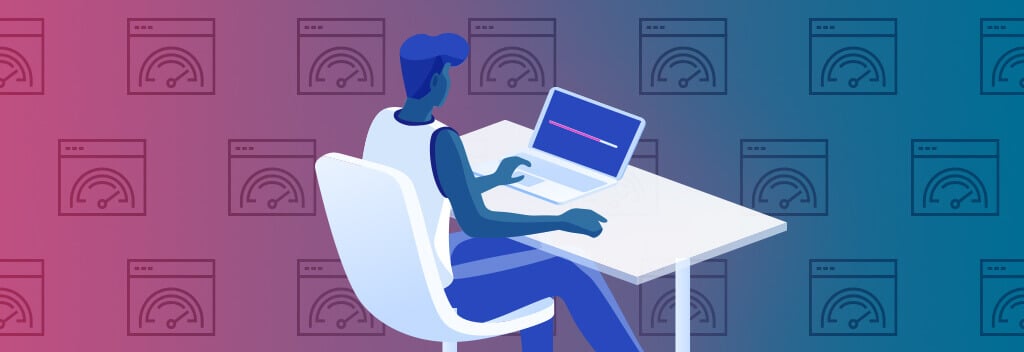Page speed is a critical element of every website in 2020. Not only do users expect a website to load quickly, but Google demands it. There’s a lot that goes into page speed. While some savvy users can make a lot of headway, we do recommend working with a professional if you want to see big gains (or losses—in load time) for your B2B website.
Need a refresher on page speed? Take a quick look at What Is Page Speed?
Hosting Matters. A Lot.
Hosting may be the single most important factor in page speed. If your host doesn’t offer well-tuned servers, the best code in the world won’t save you. We have our favorite hosts (WP Engine and Pantheon), but there are others on the market. When you’re looking for hosts, keep these tips in mind:
- You get what you pay for. I’m serious. If you’re paying less than $20/month, you probably aren’t on a very good host. (There may be exceptions to this rule, but do you want to test it out on your B2B website?)
- Is the hosting specific to your CMS? We always recommend that our clients go with WordPress-specific hosts. This means the host is an expert in tuning servers specifically for WordPress. It also means (as a rule) that support representatives are familiar with WordPress.
- Does your host include caching? Do they offer a CDN? Do they talk about their server architecture? All of these are indications of a solid host that pays attention to the performance of their customers.
Read more: Chilling B2B web hosting stories.
Pay Attention to Image Sizes
When you’re uploading images, try to crop them to the proper dimensions first. (Unless your website is set up to automatically crop images—ask your website developer if this is the case.) Uploading a 3000×3000 pixel image in a space for a 200×200 pixel image is going to add a lot of extra loading time.
Using an image optimizing plugin can also help a lot. TinyPNG compresses your images using “smart lossy compression techniques.” In other words, the tool selectively compresses certain elements of the image so the total size is smaller, but the quality isn’t noticeably different. You can typically compress about 100 images/month with TinyPNG. A paid account is based on usage and typically runs under $20/month. (That’s what we see at Bop Design and we compress 100s, if not 1000s, of images in a month.)
Third-Party Scripts Can Slow You Down
Google Analytics. Drift. HotJar. Marketo. All of these tools have tracking scripts installed on your B2B website. You have to remember that these tracking scripts can slow your site down. Sometimes users may notice the change in site speed, sometimes only tools like Google PageSpeed Insights or WebPageTest.org will ding you for third-party scripts. Either way, it can have an impact.
While it is possible to load (most) third-party so they don’t hurt your page speed, it can be really time-consuming. Without getting too technical, there are certain ways to load scripts that can improve page speed, but may break the script. There may be a lot of experimentation involved in the process. Experimentation = time = money. Depending on your situation, it might be worth it.
I always tell clients to look at the business reason behind a third-party script. Yes, your live chat software might slow down your website a little. But does that chat feature increase your conversions? Or make for a better customer experience? Then it might be worth the hit on page speed. You can’t have it all and chasing a 100 score on Google PageSpeed Insights may not be worth it for your business.
One thing you definitely can do is remove scripts that aren’t being used. Maybe you ran Facebook ads a few years ago, found they didn’t drive conversions, and turned off the campaign. Is the Facebook pixel code still installed on your site? If you aren’t sure, you can always check with your developer. Managing all of your third-party scripts in Google Tag Manager is a big help here.
There’s a lot more to page speed than just these three elements, of course. But hosting, image sizes, and third-party scripts are all things that B2B website owners have (at least a measure of) control over, independent of a developer.



